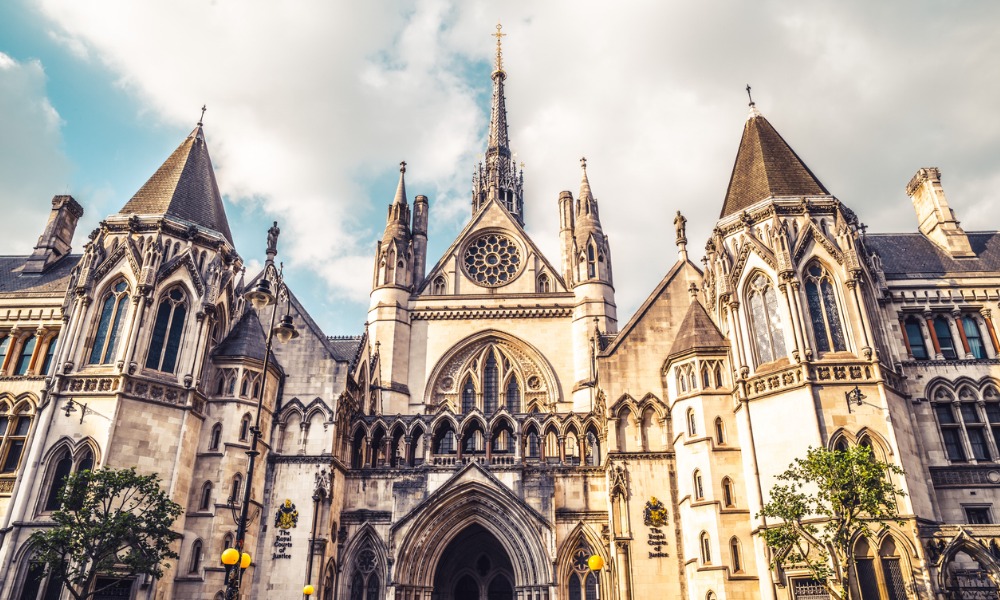
Being an unrepresented party is not by itself a good reason not to comply, judge says

The High Court of Justice in England and Wales recently dismissed a claimant’s application to revisit a provisional assessment of costs based on the claimant’s non-compliance with the Civil Procedure Rules (CPR).
In May 7, a court order made without a hearing concluded that the provisional assessment of a defendant’s bill of costs should stand as the final assessment due to the claimant's failure to properly formulate a request for an oral hearing.
On May 16, the claimant filed an application asking the court to order an oral hearing to challenge the provisional assessment of costs. The costs judge considered this application a request to revisit the order issued on May 7.
According to r. 47.15(7) of the CPR, after a provisional assessment, any party wishing to challenge the assessment should file and serve a written request for an oral hearing within 21 days.
This request should comply with r. 47.15(8), which required the party to do the following things. First, the party should identify the specific items in the provisional assessment that they wanted the court to review. Second, the party should give an estimated time for the hearing.
In Christodoulides v Holbech, [2024] EWHC 2172 (SCCO), the High Court of Justice in England and Wales dismissed the application of the claimant and deemed the provisional assessment of costs to be final. The costs judge ruled that the claimant failed to comply with r. 47.15(8) and found no exceptional circumstances justifying discretionary relief from non-compliance.
The judge – considering the claimant's letter dated Apr. 12 a request for an oral hearing – decided that the request failed to meet the requirements. The letter did not specify the items in the provisional assessment to be reviewed and did not provide an estimated time for the hearing, the judge noted.
Despite the judge repeatedly explaining the rules, the claimant's subsequent application similarly failed to comply and instead contained broad complaints of unfairness, improper conduct, and lack of transparency on the part of the defendant or his lawyers, the judge found.
The judge emphasized that litigants, even if unrepresented, should adhere to the rules governing requests for oral hearings, given that these rules were neither inaccessible nor obscure. The judge stressed that the claimant’s non-compliance with the rules was wholesale, not minor.
The claimant made no attempt to rectify the issues identified, the judge said. Allowing the application under these circumstances would undermine the purpose of the rules, which aimed to ensure that courts conduct oral hearings fairly, properly, and within properly identified limits, the judge added.
The judge rejected the claimant’s argument that her very serious allegations of misconduct justified the need for an oral hearing. The seriousness of the allegations did not excuse non-compliance, the judge noted. The claimant’s failure to identify the issues clearly and precisely was unfair to the parties facing such allegations, the judge explained.